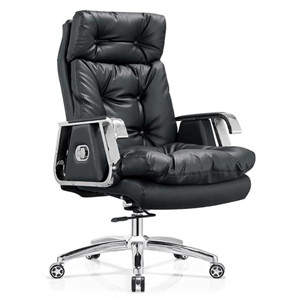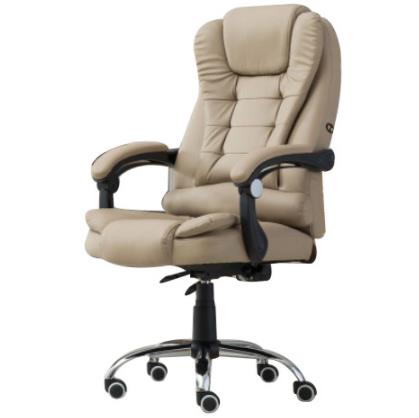1. Assess your needs: Determine how you will use the desk and what specific features you require. Consider factors like the amount of workspace needed, storage requirements, cable management solutions, and any additional features that could enhance your productivity and comfort.
2. Consider the size and layout: Measure the available space in your office or workspace to ensure the desk fits comfortably without making the room feel cramped. Additionally, consider the desk’s shape (rectangular, L-shaped, corner desk, etc.) and how it will align with your workflow and office layout.
3. Ergonomics: A comfortable desk setup is essential for long hours of work. Look for a desk with an appropriate height that allows you to maintain proper posture and keep your wrists and arms in a neutral position while typing. Adjustable height desks are becoming increasingly popular as they offer flexibility.
4. Quality and durability: Invest in a desk made from quality materials to ensure its longevity and sturdiness. Solid wood or metal desks tend to be more durable than cheaper alternatives. Look for desks with reinforced corners and supportive legs.
5. Storage options: Consider your storage needs and look for desks with built-in drawers, shelves, or cabinets. A clutter-free workspace can boost productivity by helping you stay organized.
6. Cable management: A desk with built-in cable management solutions will keep your wires and cords organized, preventing them from tangling or becoming a safety hazard.
7. Aesthetics and style: Choose a desk that complements your office decor and personal style. A visually pleasing workspace can create a positive and motivating environment.
8. Test before buying: If possible, visit furniture stores to test different office desks. Sit at them, check their height, and imagine how your work setup would feel. This hands-on approach can help you make a more informed decision.
9. Budget: Set a budget before shopping for an office desk. While quality and functionality are essential, you can find desks that meet your requirements without breaking the bank.
10. Read reviews: Check online reviews and ratings for the desks you’re considering. Learn from the experiences of other buyers to identify potential issues or benefits.
11. Consider future needs: Think about how your needs may change in the future. Will you require more storage or a larger workspace? Considering these possibilities can help you select a desk that will serve you well in the long run.
Remember, your office desk is a central piece of furniture that significantly impacts your work environment and productivity. Take the time to research, assess your needs, and make an informed decision to find the ideal office desk that suits you perfectly.







